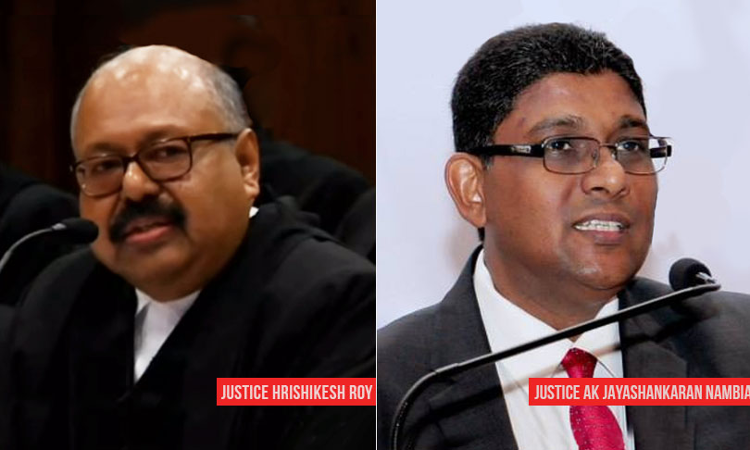Child Marriages Not Exempted From Compulsory Registration Under Registration Of Marriage Rules 2018: Kerala HC
Ashok Kini
19 Feb 2019 10:56 AM IST

"As a matter of fact, the registration of even the child marriages, in our perception, would ensure that there is better transparency and adequate proof to penalise the offenders under the Prohibition of Child Marriage Act"
Next Story


